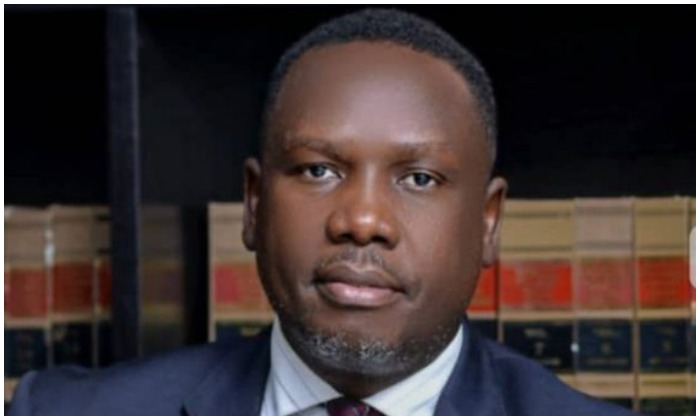Daniel Bwala, Special Adviser on Policy Communication to President Bola Tinubu, has clarified his controversial statement describing Lagos as a “no-man’s land.” The comment, made during an interview on Arise Television, sparked widespread criticism and debate on social media. Responding to the backlash, Bwala stated on his official X handle that Lagos is historically and constitutionally Yoruba land, and that fact has never been in dispute.
He explained that his remarks were misinterpreted. According to him, Lagos should be understood in two dimensions: first, as the cultural and historical homeland of the Yoruba people, and second, as Nigeria’s commercial hub with a cosmopolitan identity. Bwala compared the city to global powerhouses like New York, Paris, and London, which, while rooted in specific cultures, serve as international centers of commerce, welcoming people from all over the world.
Bwala stressed that his argument was not to erase Lagos’s Yoruba heritage but to highlight its unique role in Nigeria’s economy. He said the state shoulders enormous social and economic responsibilities for the nation, which justifies the concentration of federal projects worth about N3.9 trillion in Lagos over the past two years. According to him, investing heavily in Lagos is not an act of favoritism but a strategic necessity given its place as Nigeria’s economic heartbeat.
During the original interview, Bwala had said Lagos was a “no-man’s land” in a political and commercial sense, noting that the cosmopolitan nature of the state meant even a president from the South-West could lose elections there. He also pointed to the presence of top Nigerian business figures from across the country whose major operations are based in Lagos. However, following the public uproar, he clarified that his central message was to advocate for greater infrastructure investment in Lagos, not to undermine its Yoruba roots.
The debate over the true identity and ownership of Lagos has long been a sensitive political and cultural issue. While the Awori are widely acknowledged as the earliest settlers, others, such as the Benin have also made historical claims. In recent years, the conversation has often resurfaced during elections, sometimes fueling ethnic tensions, particularly between Yoruba and Igbo groups. Bwala’s clarification seeks to calm such sentiments by reaffirming Lagos’s Yoruba heritage while emphasizing its inclusive, pan-Nigerian character as a commercial hub.

